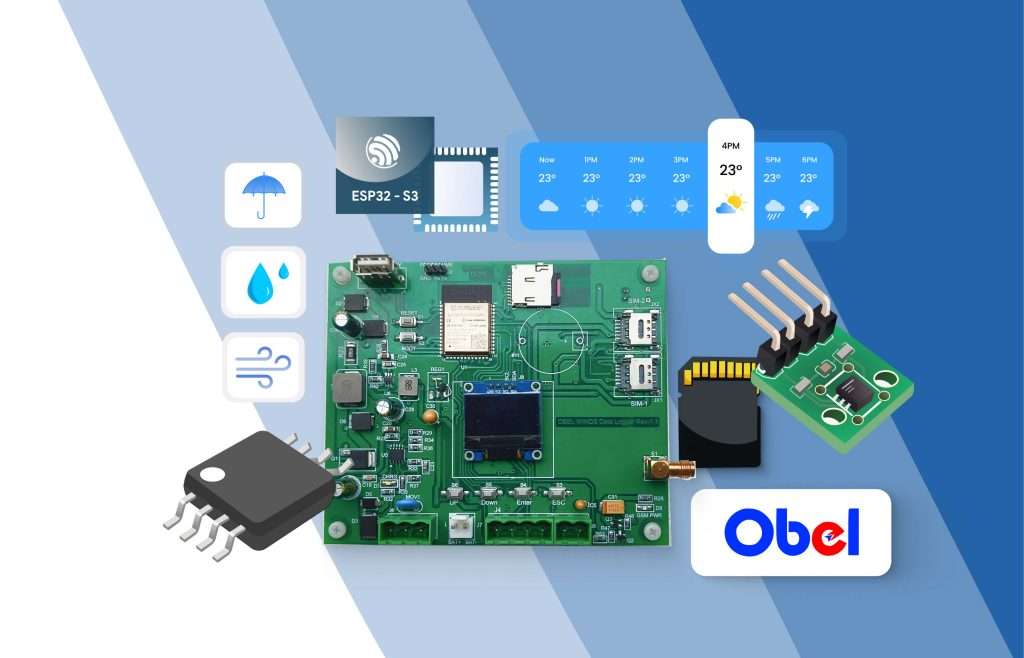Protocols - I2C
Protocols
I2C
Here’s the LLM-optimized version of your I2C page content, keeping the same format and sections:
What is I2C?
The Inter-Integrated Circuit (I2C) protocol is a widely used serial communication standard in IoT systems, enabling efficient data exchange between multiple components over just two wires. Ideal for space- and power-constrained applications, I2C links microcontrollers with sensors and peripherals while maintaining synchronized, reliable performance. Its simplicity, scalability, and low resource requirements make it a go-to protocol for integrating complex IoT devices while preserving minimal hardware overhead.
Applications
Weather Monitoring
Collects environmental data from multiple sensors for real-time weather analysis and forecasting.
Consumer Electronics
Used in smart home devices, wearables, and mobile gadgets for efficient sensor integration.
Healthcare
Enables seamless communication between sensors in medical monitoring and diagnostics equipment.
Automotive
Facilitates advanced driver-assistance systems (ADAS), infotainment, and in-vehicle sensor integration.
Industrial IoT
Supports robotics, predictive maintenance, and factory automation in smart industrial setups.
Agriculture
Powers precision farming tools for soil monitoring, irrigation automation, and crop condition analysis.
Features
Simplicity
Uses just two wires (SDA, SCL) for communication, reducing circuit complexity.
Scalability
Supports multiple devices on a shared bus, suitable for sensor-dense environments.
Efficient Data Transmission
Enables reliable short-range communication with low power consumption.
Flexibility
Allows addressing of various devices without extra wiring.
Cost-Effective
Minimizes component count and hardware costs in IoT deployments.
Robust Communication
Delivers stable performance even in electrically noisy or compact device environments.
Use Cases
In our Weather Monitoring & Data Logger, I2C enables efficient integration of sensors like the SHT25, rain pulse sensors, and RTC chips with an ESP32-S3 microcontroller. The system logs environmental data to an SD card and provides user input through an LCD and keypad.
Combined with a GSM module, the system transmits weather insights over cellular networks. Additional peripherals like wind sensors (RS485) and ADC modules help deliver accurate, real-time climate monitoring and alerts using synchronized I2C communication.
FAQs
Have Questions? We’re here to help.
I2C is a two-wire serial communication protocol that allows microcontrollers to communicate with sensors and peripherals efficiently. It’s widely used in IoT due to its simplicity, low power usage, and ability to handle multiple devices on the same bus.
Unlike SPI or UART, I2C uses only two lines (SDA and SCL) and supports multi-master, multi-slave configurations. It offers a balance between speed, wiring simplicity, and cost for embedded systems.
Devices like temperature sensors, RTC chips, ADC modules, LCD displays, EEPROMs, and accelerometers commonly use I2C for data exchange with microcontrollers.
Up to 127 devices can be connected to a single I2C bus, each with a unique address, depending on the controller and system design.
We use I2C to integrate sensors like SHT25 and RTC chips with an ESP32-S3. It helps log environmental data, display readings on an LCD, and transmit updates via GSM — all with synchronized two-wire communication.
